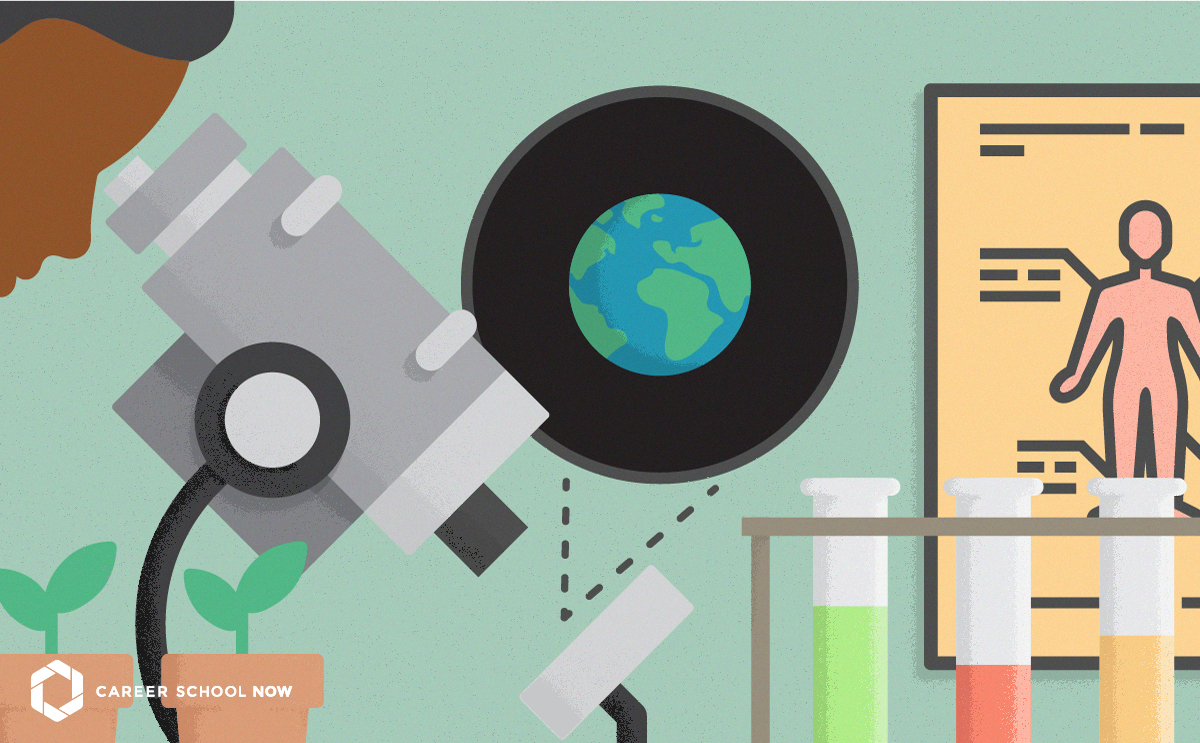
Natural resources, agriculture, and biology covers a variety of careers, from farm manager to scientist. There is steady growth within these careers, and it is projected to remain so in the near future.
Here’s a list of careers within these fields of study and short descriptions of what these jobs entail. Follow the links for more in depth information about the career and search for a local school.
Natural Resources
- Ecologist - A job as an ecological scientist or ecology technician may be in project consulting, research, or ecological restoration. Your field work may put you in hot, humid, or other uncomfortable situations.
- Environmental Studies - With a bachelor’s degree in environmental studies, you’ll be able to apply for entry-level jobs at places like colleges, consulting firms, air quality and control companies, and with the government
- Natural Scientist - Careers in natural science are so varied, it’s difficult to consider them as one category. You may begin as an environmental technician or research assistant, working your way up to a supervisory position over time. Some entry-level jobs require a bachelor’s degree in a field such as microbiology or engineering.
Agriculture
- Agribusiness - Includes sales, marketing, and finance with a focus on agriculture. You may work at a farm equipment manufacturer, with a grains or meat producer, or with loans and insurance for farms and equipment manufacturers.
- Animal Science - You’ll work with domestic farm animals conducting research for universities, private companies like animal production facilities, or the government.
- Food Scientist - Food scientists have a hand in everything from growing to manufacturing and distribution. Research labs and processing plants are some places food scientists may be found working.
Biology
- Biochemist - A biological chemist studies the chemical processes within and relating to living organisms. With a degree in biochemistry you may be qualified for jobs in quality control, research, and development.
- Biologist - One of the most popular paths for those going into biology is research. Whether you’re in the field studying primates or underwater evaluating coral reefs, you have a background in biology.
- Biology Technician - Biology technicians generally work on a team in a lab doing research and experiments. Associate degrees are sometimes found, but it may be easier to get that job with a bachelor’s degree.
- Physiologist - After earning your physiology degree your career path may include jobs like cardiac rehabilitation, exercise physiologist, research specialist, and others. With more experience and study you may become an assistant professor or professor.
Of course there are other careers, but these are the main programs one would take in order to work in the fields of natural resources, agriculture, or biology. Go back to the career guide to keep learning about different careers or go find a local school now.